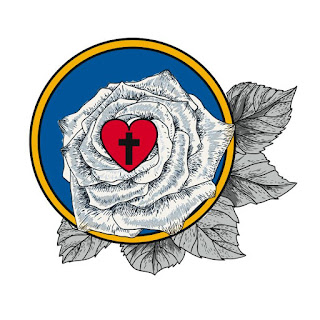A Baptismal Petition

Holy God, Adopted Father of the Baptized, Precious Heavenly Dove who is our Assurance of this new family, thank you for this precious life and our life together. Unite us one to another, encourage us to care for each other, make us curious about one another and allow us to love each other all the more for what we discover as our relationships deepen. Give us a spirit of creative welcome as we continue to care for our siblings. We pray this in the Holy name of Jesus, it is in him that we find life and salvation. Amen.

